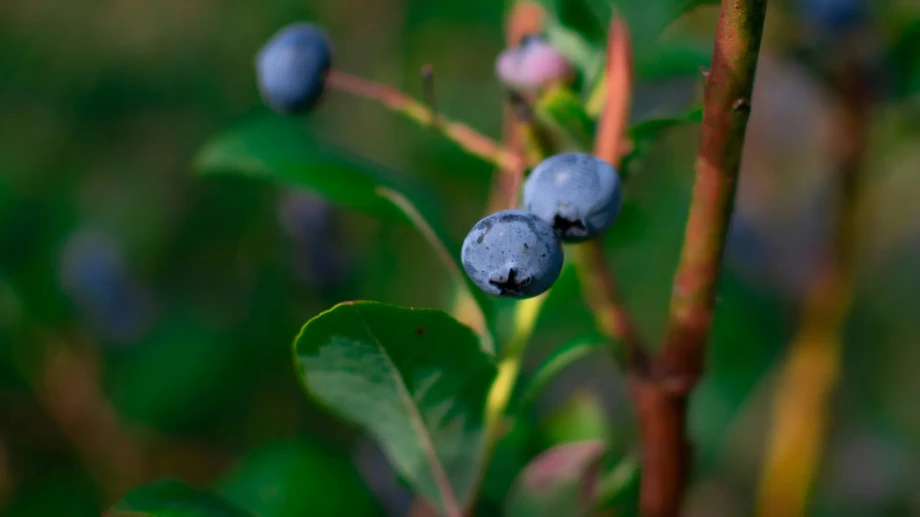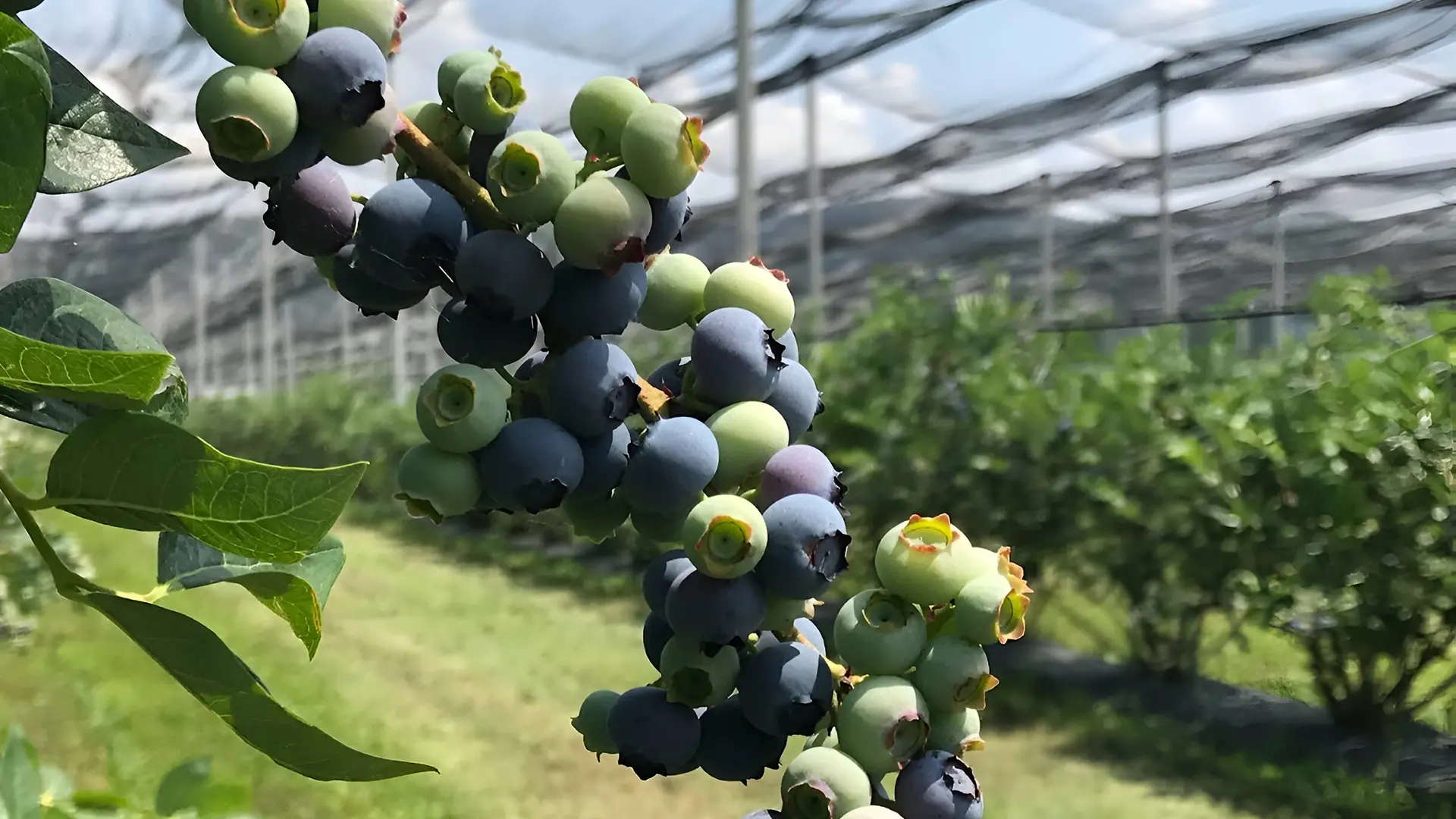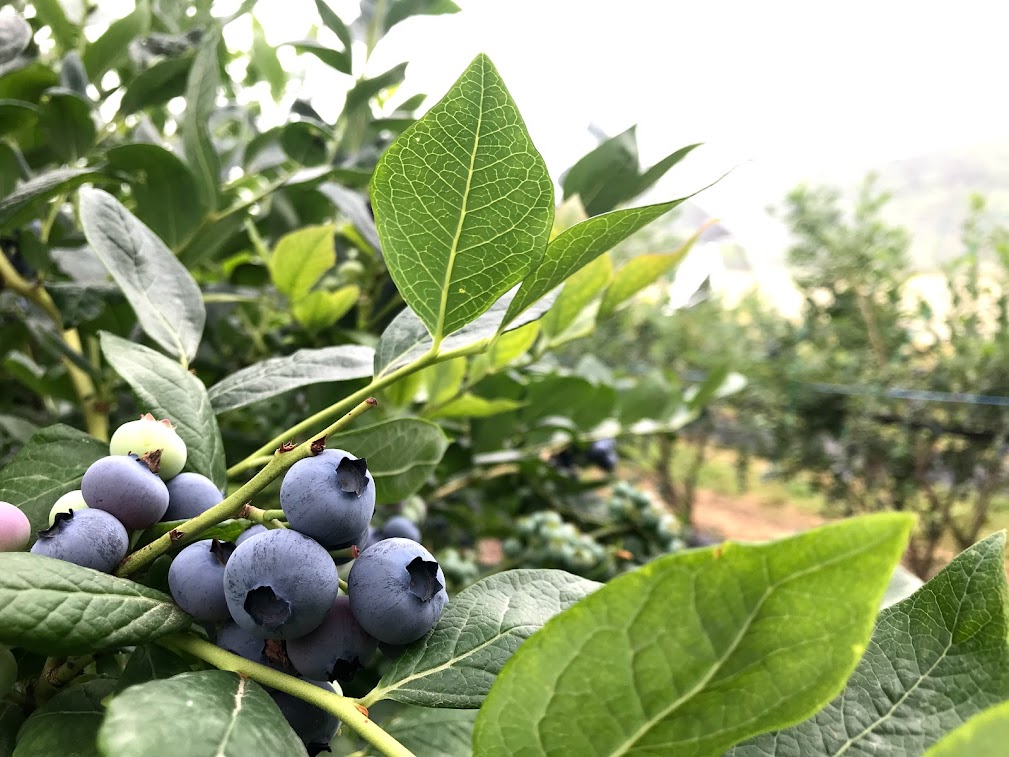Water is becoming one of agriculture’s most precious and limited resources. Worldwide, about 70% of freshwater is used for irrigation (FAO), and Morocco faces a particularly severe water scarcity due to declining groundwater levels, irregular rainfall, and inefficient irrigation practices.
To secure the country’s agricultural future, smart irrigation has become a strategic priority.
A technological and sustainable solution
Smart irrigation combines automation, sensors, and data analytics to deliver water precisely when and where crops need it. By using advanced control systems, artificial intelligence, and real-time soil and climate data, these systems optimize irrigation scheduling, reducing waste and improving yields.
Unlike traditional irrigation, which relies on manual observation, Smart Irrigation Systems (SIS) use continuous data to guide decisions, saving up to 30–40% of water while maintaining crop performance.
Smart irrigation in Morocco
In Morocco, this technology is rapidly spreading, supported by both public programs and private initiatives. Under the Génération Green 2020–2030 strategy, several projects promote digitalized water management, including:
- Precision irrigation pilots by INRA, FAO, and Moroccan startups using soil-monitoring and connected platforms.
- The Digital Agriculture Morocco (AgriTech) program, which funds smart-farming solutions.
- Integration of satellite-based remote sensing through initiatives like SIRMA and IRRISAT (CRTS, INRA-Kénitra, ORMVAG, ABH Sebou), providing farmers with data-driven irrigation advice.
The berry sector: a model of innovation
Morocco’s berry industry—strawberries, raspberries, and blueberries—has become one of the country’s most advanced sectors in irrigation innovation. Modern farms increasingly rely on real-time monitoring systems that track soil moisture, temperature, and plant health, enabling precise irrigation adjustments and improved fruit quality.
In Agadir, a blueberry farm using the FarmRoad platform achieved 15.8% water savings without reducing yield, thanks to continuous root-zone and climate monitoring.
African Blue, operating in Larache and Agadir, employs automated fertigation systems (Netafim NetaJet 4G) for exact control of irrigation frequency, pH, and conductivity, achieving consistent fruit quality and significant water savings.
Across its production sites, African Blue integrates real-time climate and plant data into a centralized decision-making platform (WayBeyond, 2025).
These examples illustrate how data-driven irrigation is reshaping Morocco’s berry production, combining efficiency, competitiveness, and sustainability.
A collective responsibility
Beyond technology, progress depends on knowledge and collaboration. Through its conferences and training initiatives, Green Smile promotes the adoption of efficient irrigation practices and fosters dialogue between researchers, companies, and farmers.
Saving water means protecting Morocco’s agricultural future. Smart irrigation turns every drop into a source of value: better understood, better used, and better preserved.
Yathniel Djodjouhouin
Agronomist (Green Smile)
This article was published in Arabic within the special edition of Italian Berry Magazine, created for the Morocco Berry Conference 2025. The printed edition will be distributed during the conference in Agadir, while the digital flipbook version is available below.








